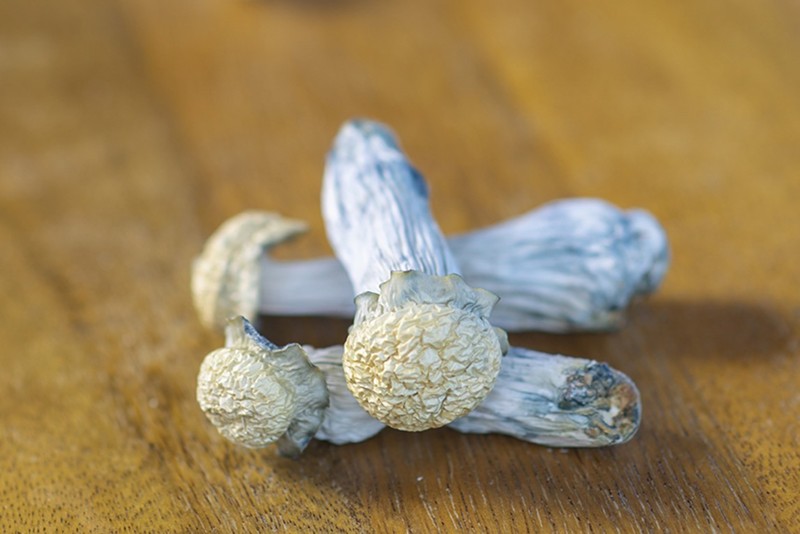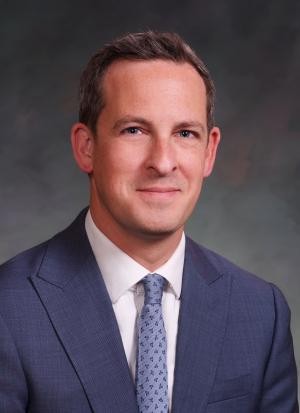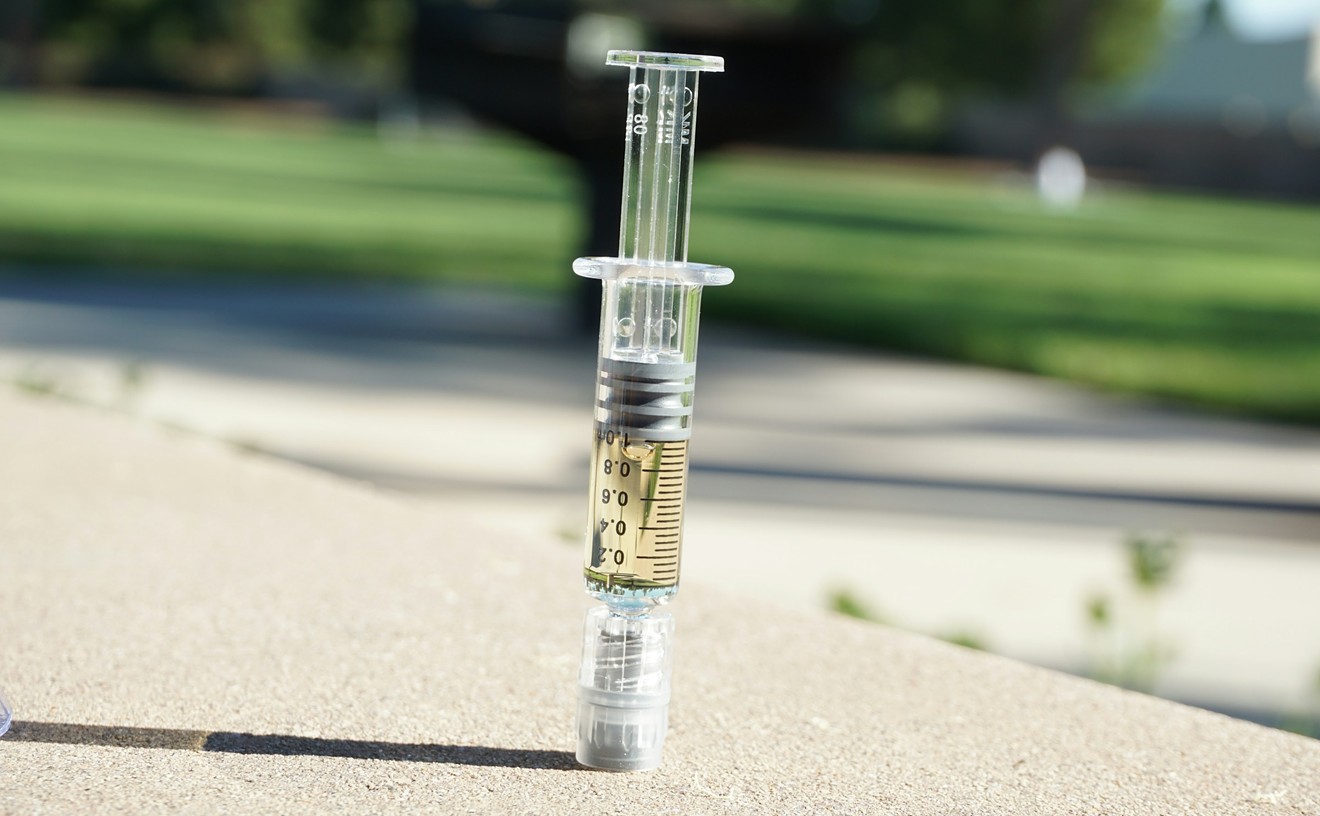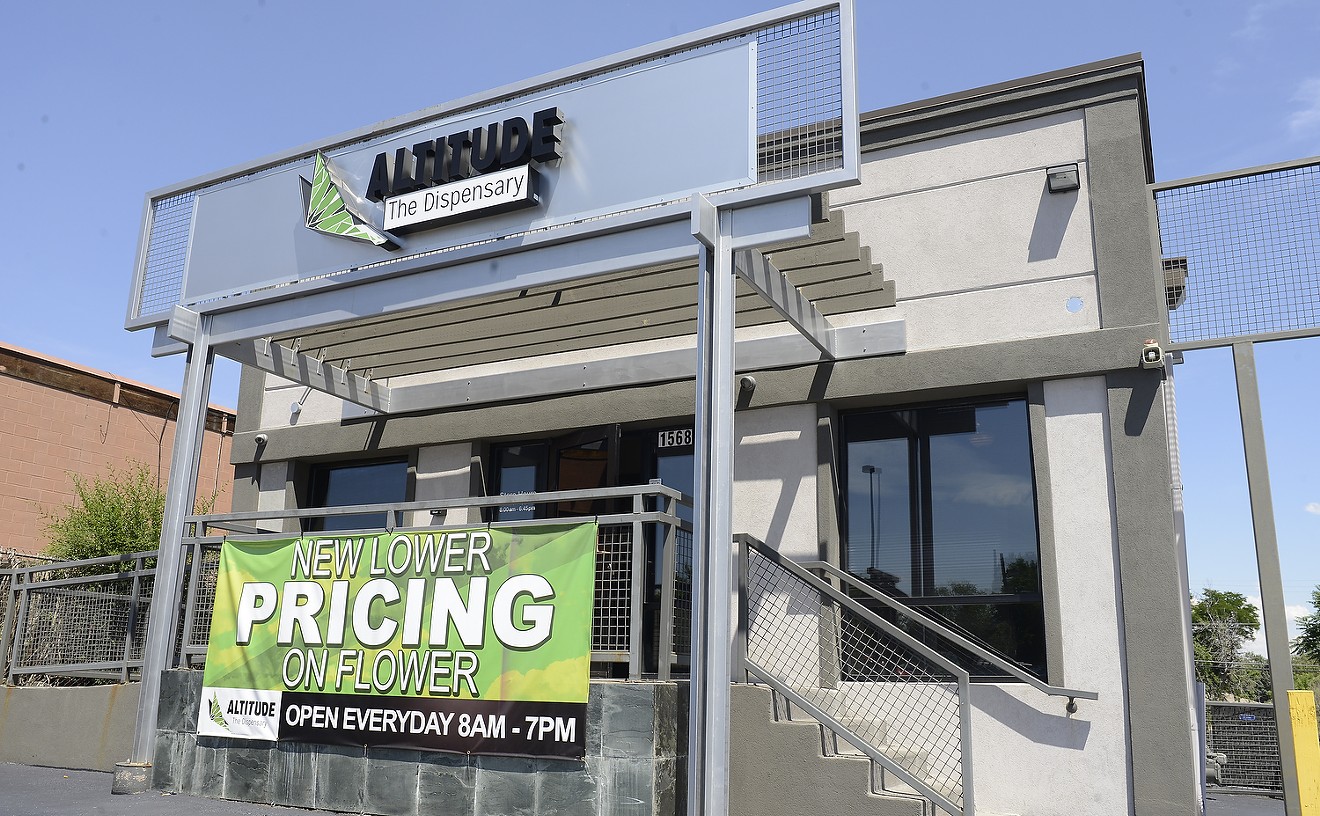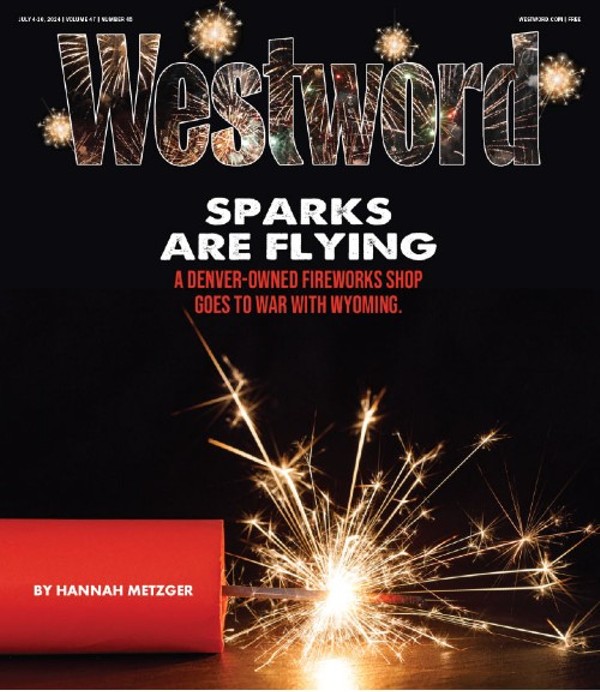Proposition 122, also known as the Natural Medicine Health Act, legalized therapeutic psilocybin and decriminalized the personal cultivation, use and sharing of psilocybin as well as DMT, ibogaine and mescaline (not from peyote) for people 21 and older, with the last three up for review for potential medical legalization in 2026.
Approved by just under 54 percent of Colorado voters, Prop 122 didn't put limits on the personal possession and cultivation of psilocybin mushrooms, nor did it give local governments the ability to ban psychedelic therapy centers; it also did not allow for the establishment of retail psychedelic operations or dispensaries in Colorado. Then again, the ballot initiative was less than 200 words, and left it to the Colorado Legislature and the state Department of Regulatory Agencies to create the vast majority of regulations.
A state Natural Medicine Advisory Board, overseen by DORA, was created to recommend rules surrounding medical and therapeutic regulations. The board, whose fifteen members were all appointed by Governor Jared Polis, held its first meeting last week, and will meet throughout April and May before submitting its first official report and recommendations in September.
The majority of personal rights and aspects of the therapeutic framework could be established by a bill from Senate President Stephen Fenberg, however. Westword and other media outlets have obtained a recent draft of Fenberg's bill, which is expected to be introduced today, April 19, and heard by a Senate committee on April 20.
Fenberg's bill draft, dated April 17, proposes guardrails for unlicensed psychedelic facilitators, restrictions for personal mushroom and natural medicine cultivation, and criminal penalties for the unlicensed sale or distribution of psychedelics. Under this proposal, the state Department of Revenue, responsible for overseeing Colorado's liquor, marijuana and gaming industries, among others, would be charged with regulating licensed psychedelic manufacturing, distribution, testing and other business activities.
"Although there may be tremendous potential in utilizing natural medicine for managing various mental health conditions, healing and spiritual growth, this potential must be appropriately balanced with the health and safety risks that it could pose to consumers as well as the cultural harms it could pose to indigenous and traditional communities that have connections to natural medicine," the draft reads.
The measure, currently at 87 pages, will have just over two weeks to clear the legislature, with multiple hearings packed with public testimony and questions for lawmakers. Here's what they'll be discussing:
Highlights of the Natural Medicine Health Act bill:
- Psychedelic facilitators must be at least 21 and would be defined under state law, with training and certification required.
- Licensed psychedelic businesses would have to be 1,000 feet away from a child-care center, preschool, primary school or residential child-care facility.
- Personal cultivation would be limited to natural medicines only, must be conducted on private property and in a private and enclosed space, and would be limited to a space of twelve feet by twelve feet unless a larger area is allowed by local governments.
- Local governments could not prohibit psychedelic facilitators or healing centers, but could enact time, place and manner regulations.
- Local governments could not impose greater criminal or civil penalties than state law allows.
- "Bona fide religious, culturally traditional or spiritual" psychedelic ceremonies would be protected under state law if the individual holding the ceremony does not receive remuneration, informs attendees that they are not a licensed facilitator, and the ceremony is not associated with a "commercial, business or for-profit" activity.
- Ibogaine, a psychedelic alkaloid found in the root bark of the Tabernanthe iboga plant, would be prioritized by DORA for therapeutic consideration.
- People arrested in Colorado for activities that are now legal under Prop 122 could apply for record sealing.
- Advertising psychedelic services to people under 21 would be illegal.
- Underage and public use of newly decriminalized psychedelics and exceeding personal cultivation limits would result in petty drug offenses with fines up to $100 and mandatory community service.
- Processing natural psychedelics with "hazardous materials" such as extraction chemicals or solvents would be a Class 2 felony.
- The starting date for psychedelic facilitation application would be pushed from September 2024 to December 2024, likely postponing opening dates to 2025.
- A new working group within DORA, separate from the Natural Medicine Advisory Board, would focus on the preservation of Indigenous psychedelic use, including "avoiding the misappropriation of exploitation of indigenous uses and excessive commercialization of natural medicines," according to a brief from Fenberg's office.
"The biggest concerns right now are the obvious recriminalization of common, traditional uses of natural medicine. The simple act of ceremonial sharing of sacred medicine in a forest is criminalized. Growing plants outdoors is criminalized except for small, fenced-in spaces. Guides and healers cannot be compensated when natural medicine is involved," he says, adding that excessive regulation looks "imminent."
Nadelson also takes issue with proposed location boundary zones for psychedelic businesses and the elevated priority of ibogaine, which surprised natural medicine advocates. However, he says that the discussions with Fenberg and legislative stakeholders have been "open," as well as "respectful, direct and impactful."
Still, "others have stronger reactions to this bill," Nadelson notes, adding that he expects many people to voice their opinions at the State Capitol. According to natural medicine advocate Melanie Rose-Rodgers, a lobbying effort is in the works for today at the Capitol, and public testimony at the first bill hearing will be extensive.
Fenberg's office did not respond to a request for comment.
Here's the draft bill:

